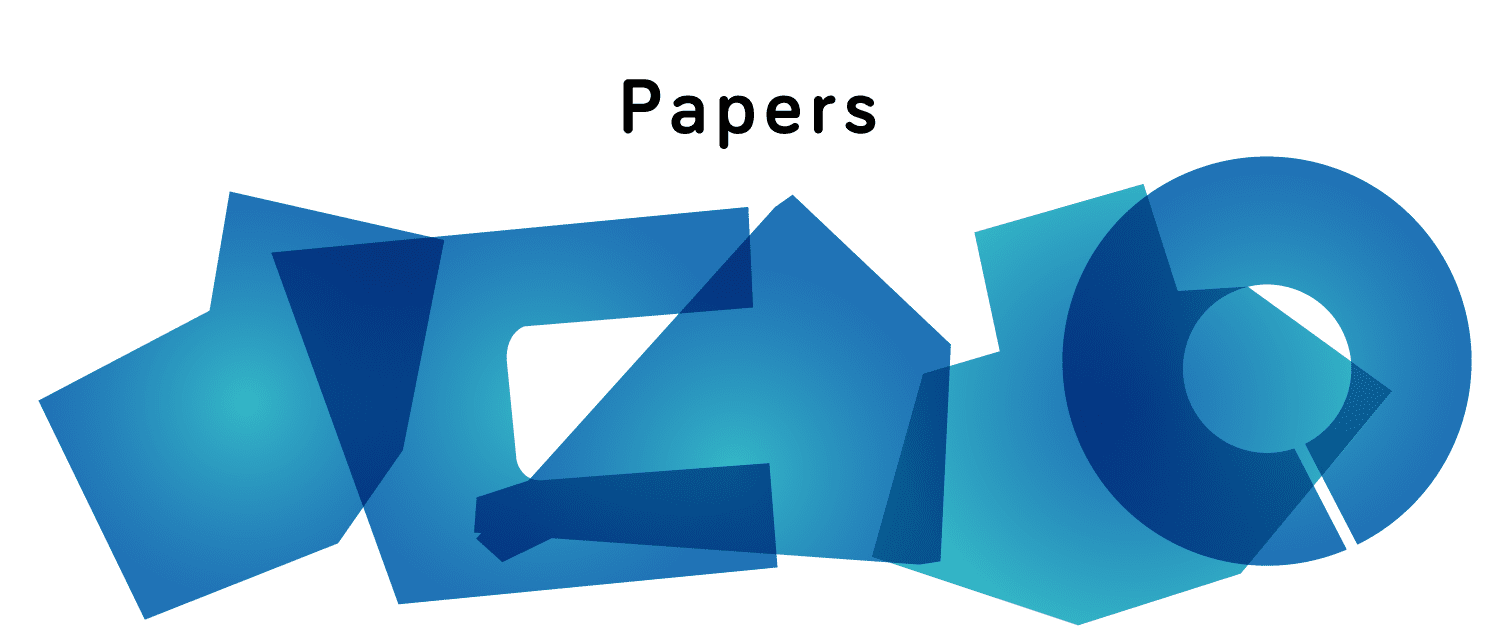We cordially invite you to submit your contribution to the Media Architecture Biennale 20 (MAB20), originally planned for the fall of 2020, which will now take place from June 28th – July 2nd, 2021. Due to the ongoing Covid-19 pandemic, the MAB20 will be held in an online format featuring an internationally accessible online programme and, hopefully, smaller scale, on-site meet-ups in Amsterdam and Utrecht (depending on the Covid-19 regulations at that time).
The Media Architecture Biennale is the world’s premier event on media architecture, urban interaction design, and urban informatics. It brings together architects, artists and designers, leading thinkers on urban design, key industry and government representatives as well as community activists. Together, they explore the design and role of media in the built environment and its implications for urban communities and ecosystems.
MAB20 invites papers from academics, students, and industry practitioners that align with the theme Futures Implied and the sub-themes described below. The paper contributions should address current practices, discuss theoretical approaches, or present novel research that explores and further develop our understanding of media architecture through relevant case studies, design processes, and community and industry examples. The proceedings will be published during the MAB20 in the ACM Digital Library and presentations will happen via virtual sessions. Previous proceedings were also published in the ACM Digital Library, and you can check them here: MAB18 Proceedings and MAB16 Proceedings.
Important dates
- Call opens: 20 December 2019
- Paper submission deadline:
25 January, 20211 March 2021 - Notification of acceptance:
23 April, 20215 May 2021 - All revisions due and Camera Ready paper deadline:
24 May, 202128 May 2021
Preparing your submission
The conference invites research presentations from both academia and industry:
- Papers should be between 9 and 18 pages (excluding references), using ACM single column template;
- The papers should clearly explain the research question addressed, research methods and tasks, findings or results, and contributions of the work. Papers should also provide sufficient background and related work to situate and contextualize the authors’ work within a greater body of research;
- Submissions should consist of original work not previously published or concurrently under consideration for any other conference, workshop, journal, or other publication with an iSBN, iSSN, or DOI number;
- All submissions should be anonymised for peer review. Authors are expected to remove author and institutional identities from the title and header areas of the paper;
- Papers submitted by the due date will undergo a double-blind peer-review process and will be evaluated on the basis of their significance, innovation, academic rigour, and clarity of writing. Your submission should have authors’ names and affiliations removed, and avoid obvious identifying statements. Citations to your own relevant work should not be anonymous (e.g., say “Prior work by [authors]” instead of “In our prior work.”);
- Authors must provide a 30-word contribution statement for their paper upon submission; the contribution statement should explain the contribution made by the paper to the Media Architecture community;
- Accepted papers will be published on ACM Digital Library
Paper submission link: https://easychair.org/cfp/mab20
MAB Theme: Futures Implied
The theme for the Media Architecture Biennale 2020 is Futures Implied. Papers should address one or more of the following issues:
- The Aesthetics and Poetics of Responsive Urban Spaces: How can media architecture contribute to a sense of place, deepening citizens’ understanding of and attachments to local sites and making them more legible, imaginative, and inclusive?
- Citizens’ digital rights in the era of platform ecologies: How can media architecture articulate public values and allow citizens to govern through digital platforms, rather than be governed by them?
- Playful & Artistic Civic Engagement: How can media architecture help to enact people-centric interventions through which citizens themselves learn, negotiate, and create innovations through play and games?
- Restorative Cities: How can media architecture enable societies to regenerate socially, ecologically, and physiologically on multiple levels, from the individual to the city as an entity of systems?
- More-Than-Human Cities: How can media architecture move beyond its legacy of human-centric design, and foster and embrace the well-being of the natural ecosystem as a whole?
About the Media Architecture Biennale
The Media Architecture Biennale is the world’s premier event on media architecture, urban interaction design, and urban informatics. It brings together architects, artists and designers, leading thinkers on urban design, key industry and government representatives as well as community activists. Together, they explore the design and role of media in the built environment and its implications for urban communities and ecosystems.
The MAB20, themed #FuturesImplied and originally planned for the fall of 2020, will take place on June 28th – July 2nd, 2021 in an online format. All of the major events such as workshops, keynotes, awards and paper sessions will be accessible online from locations throughout the world. We still hope to be able to accompany these with some smaller scale, on-site meet-ups in Amsterdam and Utrecht, depending on Covid regulations at that time. Our goal is to ensure we provide an exciting and safe experience to the MAB-Community.
More information & Contact
Paper chairs:
Glenda Caldwell (g.caldwell@qut.edu.au)
Joel Fredericks (joel.fredericks@sydney.edu.au).
Join the MAB-Community on Facebook | Instagram | Twitter | LinkedIn
The Media Architecture Biennale 20 is organized by the Amsterdam University of Applied Sciences in collaboration with Utrecht University.
Executive Committee & General Chairs: Martijn de Waal, Amsterdam University of Applied Sciences; Frank Suurenbroek, Amsterdam University of Applied Sciences; Nanna Verhoeff, Utrecht University; and Michiel de Lange, Utrecht University. Program Chairs: Dave Colangelo, George Brown College Toronto; and Ava Fatah, Bartlett, University College London.
